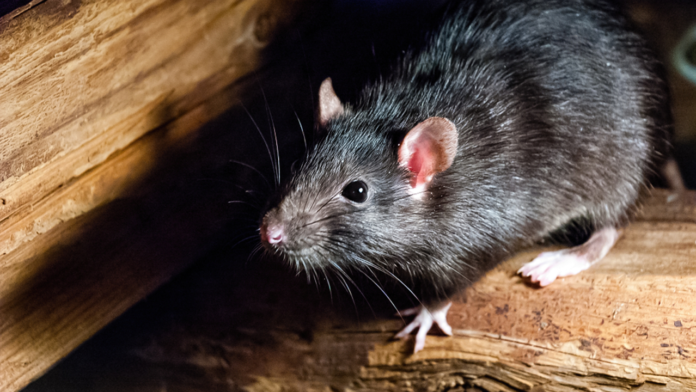FG warns of looming Lassa fever surge
Given the seasonal nature of Lassa fever, Nigeria anticipates a potential increase in cases over the next few months.
Given the seasonal nature of Lassa fever, Nigeria anticipates a potential increase in cases over the next few months.
© 2024 Daily Patriot Nigeria. All Rights Reserved.


